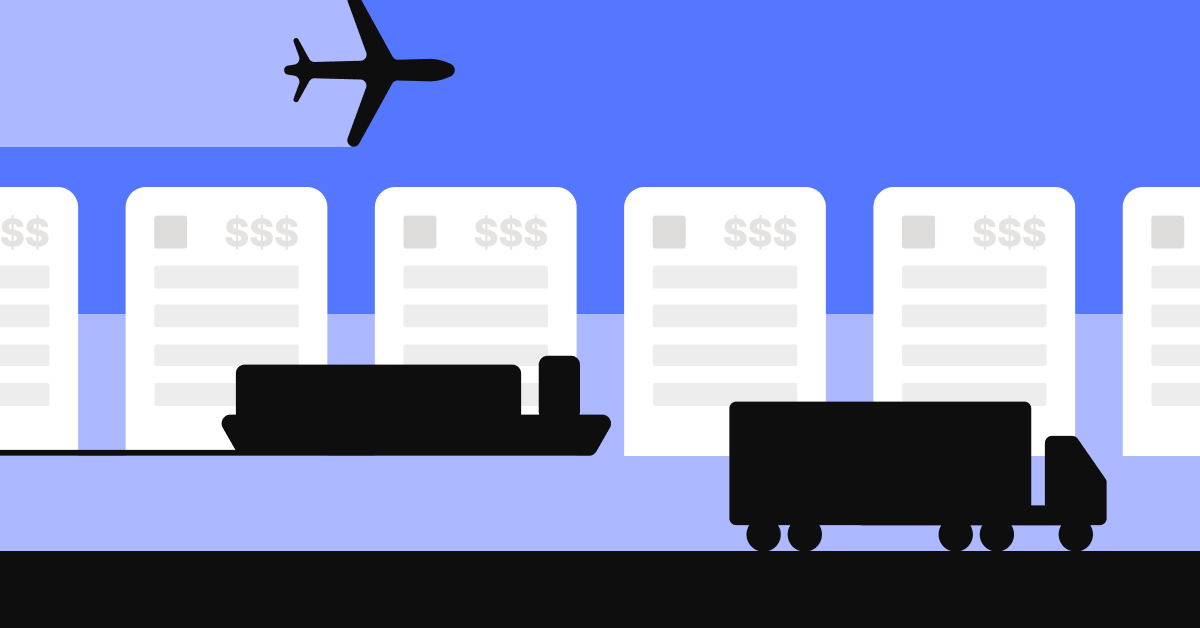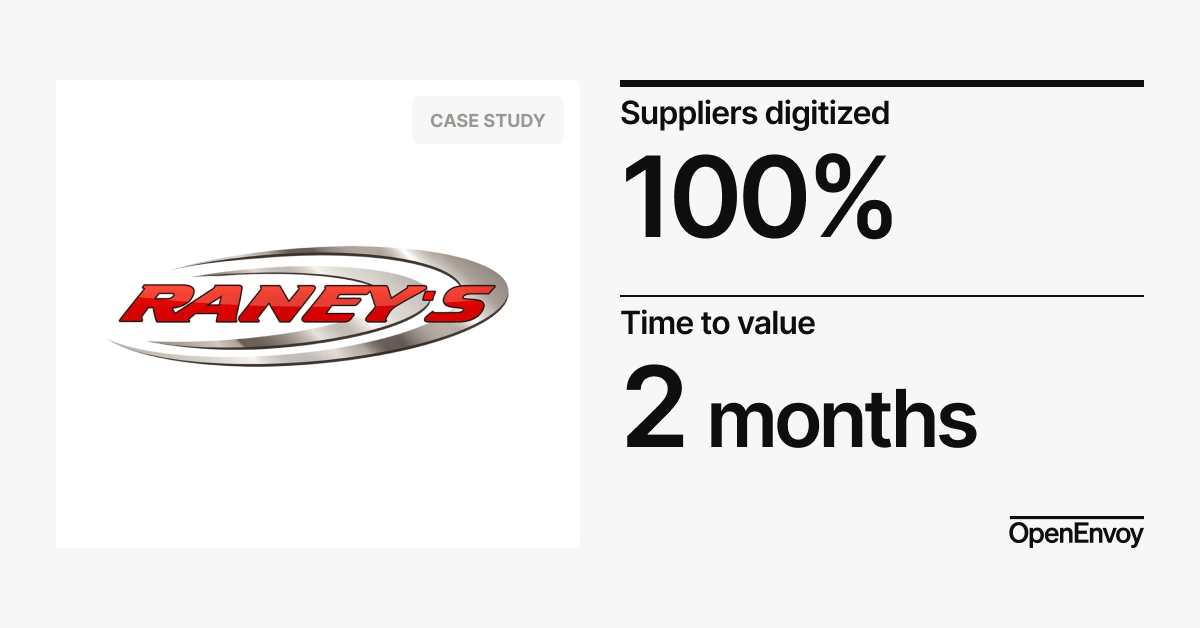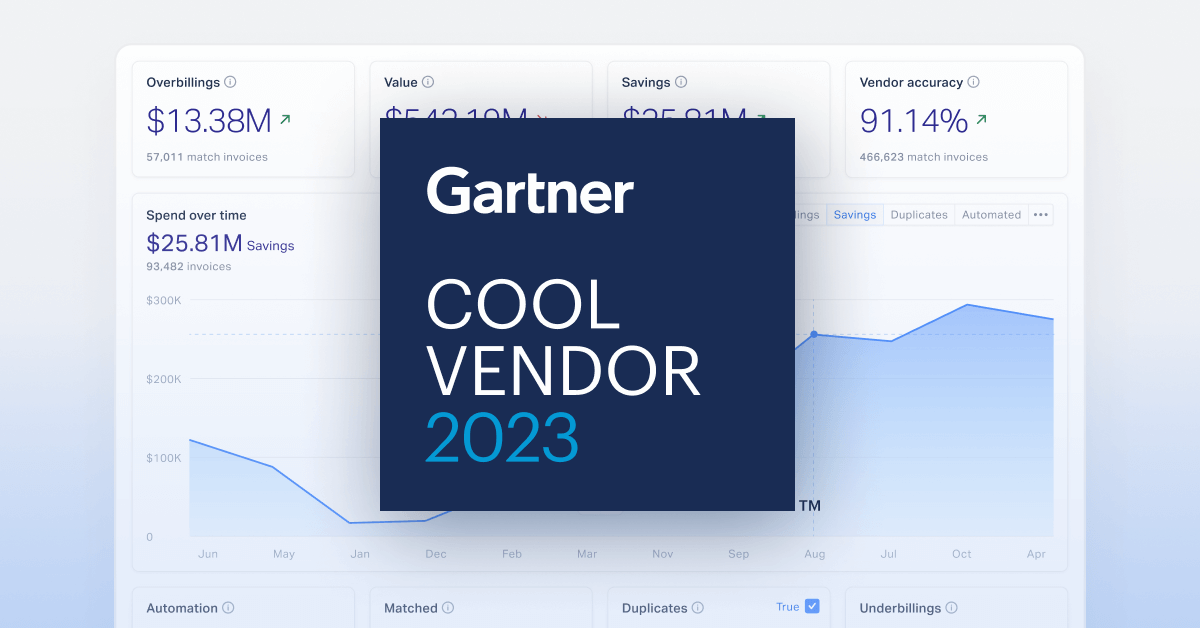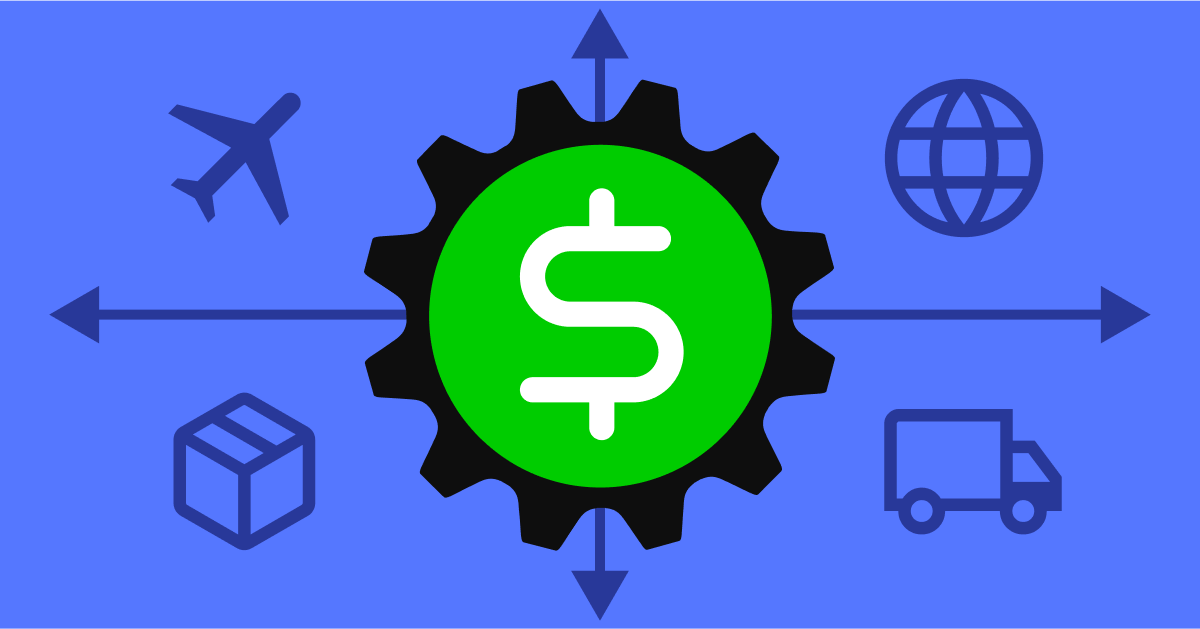

This post discusses the many freight audit hurdles due to the sheer volume of transactions, complex data sources, and tight payment deadlines, leading to inefficiencies, errors, and overpayments. Traditional manual audit processes struggle to handle the level of detail and speed required in today's freight operations.
Current Challenges in Freight Audit
Global supply chains need rigorous financial management, especially in freight operations. Lots of transactions happen in freight, so mistakes can happen easily. To fix problems common in the industry, it's important to understand freight audit and common financial issues.
Freight audit is a critical process for ensuring accuracy and compliance in the billing and payment of transportation services. It involves the meticulous examination of shipping invoices against contracts, bills of lading, and carrier tariffs to identify billing discrepancies and overcharges.
In freight operations, companies face an overwhelming number of transactions daily. This high volume includes numerous invoices and associated documents that need meticulous auditing. Traditional manual audit processes, which were once the standard, now struggle to keep pace with this demand, often leading to inefficiencies and errors.
Compounding the issue, freight auditing involves complex data sources Fees can change a lot based on things like tide levels or location. There may be invoices issued at different times for the same transaction. Charges for demurrage or detention may be received later on a separate invoice.
Charges for insurance and many other items must be validated against contracts. Standard Incoterms specify which party pays for many of these charges, which must be understood and applied by auditors.
Invoices are often expected to be paid within 72 hours in the industry. This quick turnaround doesn't leave enough time for thorough validation, leading to frequent overpayments, which hurt operational finances.
Manual audits cannot handle this level of detail and volume.

The Three Options Companies Historically Chose (Not Ideal Solutions!)
- Freight auditing in-house. Some companies opt to manage freight auditing in-house. They hope to maintain more control over the process. Yet, this method is prone to errors and is remarkably inefficient under the pressure of tight payment deadlines.
- Selective auditing. This also presents a significant challenge. Traditional freight auditors, driven by contingent fee structures, may focus their efforts on transactions that promise higher recovery potential. This approach often leads to the neglect of smaller, yet cumulatively significant inaccuracies, leaving money on the table that could otherwise be saved.
- Post-audit services. In an attempt to mitigate these challenges many organizations turn to post-audit services. These services review invoices after payments have been made, attempting to recover any overpayments. However, the clawback process is not only time-consuming but also costly! These services typically take a substantial cut from the recovered amounts, further straining cash flows.
Clearly a more modern approach is required to handle the scale and complexity of modern freight operations.
To see how Open Envoy meets these challenges, see this followup post, Revolutionize Freight Audit with OpenEnvoy!
Serious about protecting your cashflow?















